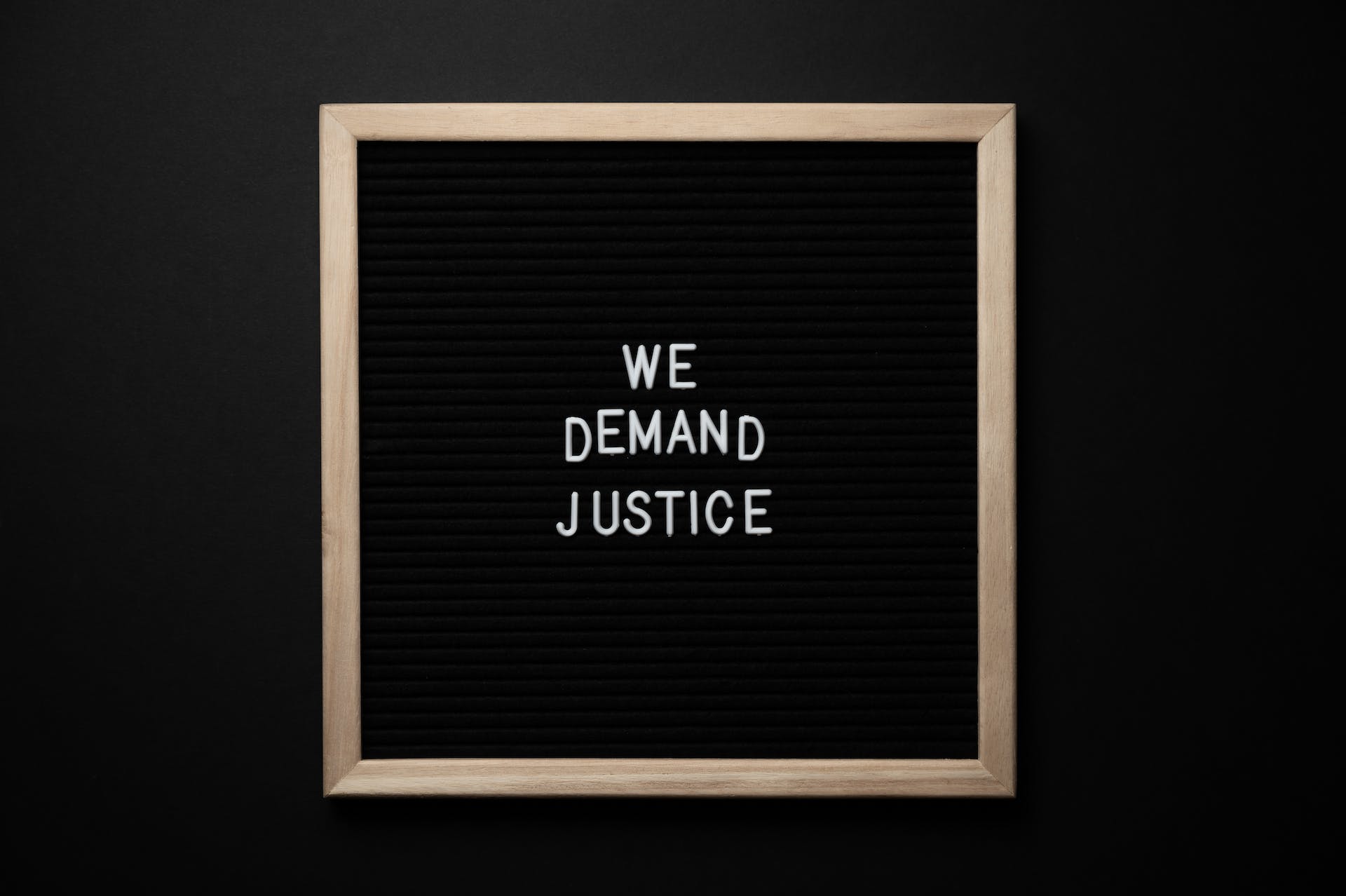In a rapidly evolving world, the pursuit of social justice remains a cornerstone of progressive societies. The concept of social justice centers on the fair distribution of resources, opportunities, and privileges within a community, aiming to dismantle systemic inequalities and foster inclusivity. As we delve into the complexities of this multifaceted issue, it becomes evident that achieving true equitableness requires a collective commitment to change.
Understanding Social Justice :
Social justice is a broad and inclusive term that encompasses a range of issues, including but not limited to race, gender, class, sexuality, and disability. At its core, it advocates for the elimination of discrimination and the creation of a society where all individuals can access equal opportunities and enjoy fundamental human rights.
Addressing Structural Inequities :
One of the fundamental challenges on the road to social justice lies in addressing structural inequities deeply embedded in societal systems. From education and healthcare to employment opportunities, systemic barriers often prevent marginalized communities from accessing the same advantages as their more privileged counterparts. Advocates of social justice work towards dismantling these barriers and promoting policies that level the playing field.
Empowering Marginalized Voices :
Central to the social justice movement is the amplification of marginalized voices. In a world where certain groups have historically been silenced or underrepresented, it is crucial to create platforms that empower individuals to share their stories and perspectives. This empowerment fosters empathy, understanding, and, ultimately, a sense of collective responsibility.

Education as a Catalyst for Change :
Education plays a pivotal role in fostering awareness and understanding of equitableness issues. By incorporating inclusive curricula and promoting diverse perspectives, educational institutions contribute to the formation of a more informed and empathetic citizenry. Moreover, ongoing education and dialogue serve as catalysts for dismantling prejudices and challenging deeply ingrained stereotypes.
Promoting Diversity and Inclusion :
Social justice is intricately tied to the principles of diversity and inclusion. Embracing diversity not only enriches communities but also ensures that policies and institutions reflect the needs of a varied population. Inclusive practices extend beyond mere tolerance, promoting environments where everyone feels valued and respected.
The Role of Technology :
In the digital age, technology has become a powerful tool in the pursuit of social justice. Social media platforms enable the rapid dissemination of information, facilitating grassroots movements and sparking conversations on a global scale. However, it is essential to navigate the digital landscape responsibly, ensuring that technology is used as a force for positive change.
Conclusion :
The journey towards social justice is an ongoing process that requires sustained effort, empathy, and a commitment to equality. By addressing systemic inequities, amplifying marginalized voices, prioritizing education, promoting diversity, and leveraging technology responsibly, societies can work towards creating a more just and inclusive world. Equitableness is not an isolated goal but a collective responsibility that, when embraced by individuals and communities alike, has the power to reshape the future for the better.
If you enjoyed this read, check out our other posts.














What do you think?
Show comments / Leave a comment